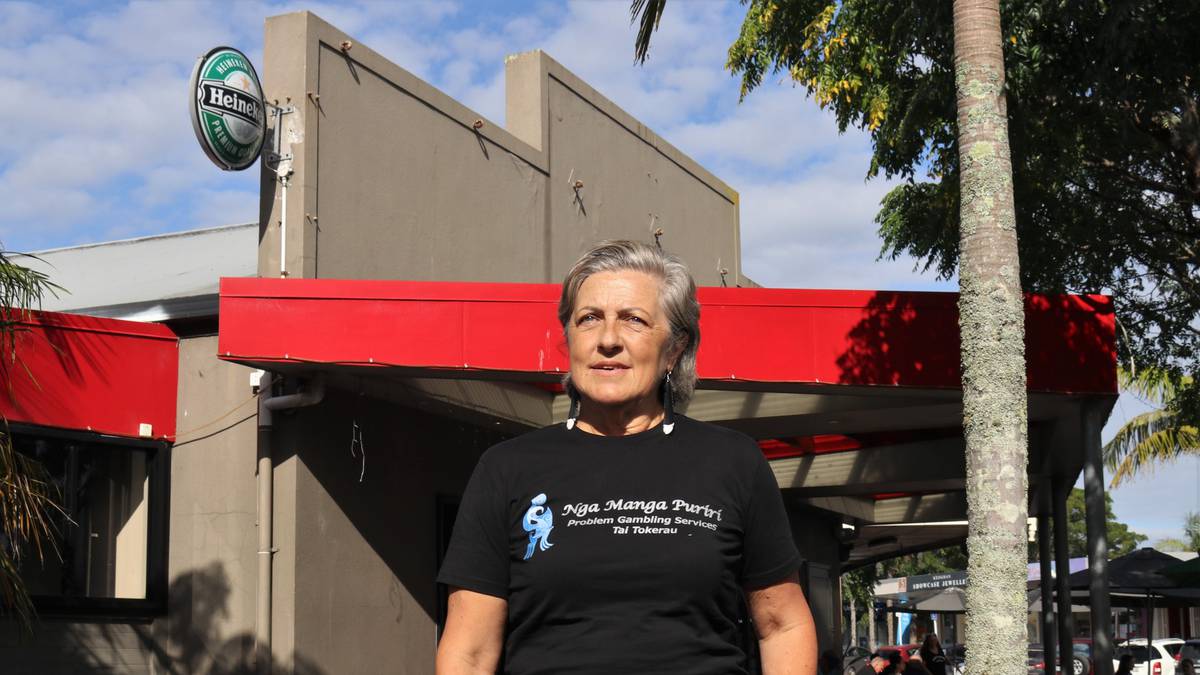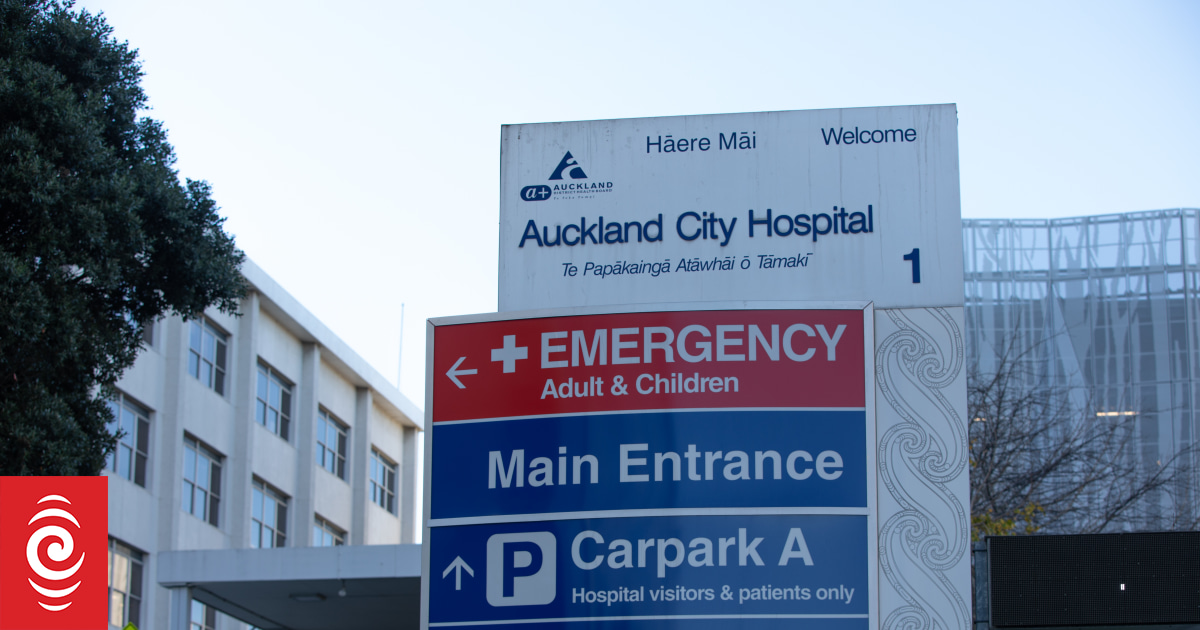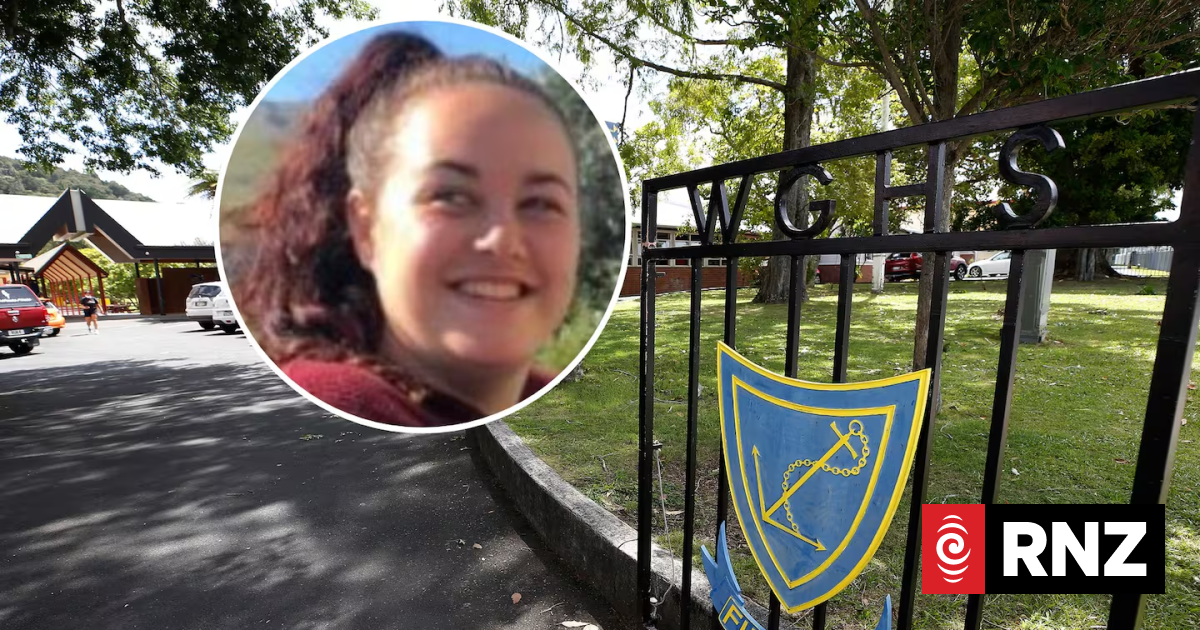Marino Murphy of Ngā Manga Puriri believes online gambling is as bigger a problem as Class 4 gambling in Northland.
Photo / Peter de Graaf
Self-exclusion rather than more difficult-to-enforce regulatory measures by the Government is the most effective tool in reducing harm from pokie machines.
That’s the view of pubs, clubs and TAB outlets in Northland that made submissions
on a public discussion document titled Reducing Pokies Harm that sought high-level options for reducing such harm.
The Department of Internal Affairs received 1983 submissions from throughout New Zealand and the feedback is currently being used to inform and develop policy advice to government on changes to the Gambling (Harm Prevention and Minimisation) Regulations 2004.
DIA said the current regulations around harm minimisation have not been fully reviewed since their creation in 2004 which meant the risk of harm may no longer be appropriately or optimally mitigated by operators and their venues.
“While pokie machine numbers are declining, the amount of money spent on pokies is not. Pokies remain the most common cause of gambling harm reported by clients accessing gambling help services.”
Northlanders spent $28.2 million on pokie machines in the first three quarters of last year. At the end of September 2022, there were 598 electronic gaming machines in 44 venues across Northland.
In its submission to DIA, the Kamo Club said it was fully supportive of cost-effective, evidence-based measures being put in place to reduce harm from gaming machines.
“Self-exclusion is the single most effective tool to treat gambling harm. Self-exclusion should be encouraged, made easy, and be multi-venue. If a player knew they would have to undertake a compulsory treatment course with a treatment provider if they elected to self-exclude, they are less likely to self-exclude.
Advertisement
“The existing harm minimisation measures and rules are already comprehensive, and the current operating environment is already highly regulated and controlled.”
The club said gaming compliance manuals produced by Clubs New Zealand were a part of its day-to-day operations and that its staff have also undertaken Clubs New Zealand Harm Minimisation Training.
Kamo Club does not support the DIA proposal that excluded gamblers could be required to complete treatment before they can return to a venue.
/cloudfront-ap-southeast-2.images.arcpublishing.com/nzme/XOJO7ZNABFFLXO2MICI4ETUBEQ.jpg)
Photo / NZME
It also does not support proposals that required the venue to monitor the gambling area at set intervals and for staff to talk to a person who has been gambling for a specified period of time.
“We are concerned that should this become a regulatory requirement, it will be policed by stopwatch and as such it will not result in meaningful, quality, supervision being undertaken.”
The club do not support the proposal that Class 4 venues could be required to record a specified range of harm-related events and signs.
“A mandatory regulatory requirement to keep a record of every player’s session length and every player’s cash out requests would be unworkable, and overly bureaucratic.
“To monitor a record the time each player has spent gambling in a day would require a full-time staff member to be located in the gaming room, continuously monitoring all the players via multiple stopwatches taking into account breaks.”
Advertisement
Another DIA proposal is that pokie machines could be required to have a maximum number of games that could be played in an hour.
Kamo Club doesn’t agree, saying there was no evidence that suggested reducing the number of games a person could play each hour would reduce gambling-related harm.
“More focus should be placed on education and monitoring. We would like to work with the department to identify any venue specific issues and resolve these, rather than focusing on one-size, fits all measures that are not proven to reduce harm.
“We are very supportive of increasing awareness of self-exclusions and the treatment options that are available to players. We are supportive of treatment options being improved so that players who are suffering from multiple issues are able to access wrap-around treatment as opposed to having to visit multiple different treatment providers,” the club said.
Mangawhai Club, Ngunguru Sports and Recreation Club and Paihia Club also made submissions and supported the feedback provided by Kamo Club.
Ngā Manga Puriri manager and problem gambling practitioner Marino Murphy said while the push to limit pokie machine harm should be lauded, there was a lot more online gambling which was more difficult to deal with.
“One out of three gamblers we are seeing are online gamblers and there’s a lot of young people we are targeting in terms of preventing online gambling.
“Online gambling is one hell of a beast but we are not giving up,” she said.
The facilitator of Gambling Anonymous group in Whangārei and a former gambler said gamblers first needed to accept they have a problem and then self-exclude themselves from gaming venues.
“The Government can limit the number of pokie machines at licensed venues but a gambler will walk over broken glass to gamble,” the man, who preferred to remain anonymous, said.
He quit gambling on TAB 13 years ago while living in Auckland and moved to Whangārei about four years ago.
“On any given day, I could easily gamble a four-figure sum. I hurt my wife, my kids were growing up without me and my relationship suffered because I was gambling. You have to commit to never gamble again for the rest of your life,” he said.
He said anyone could join the Gambling Anonymous meeting every Monday evening, starting at 7pm, at 412/5 Kamo Rd.




